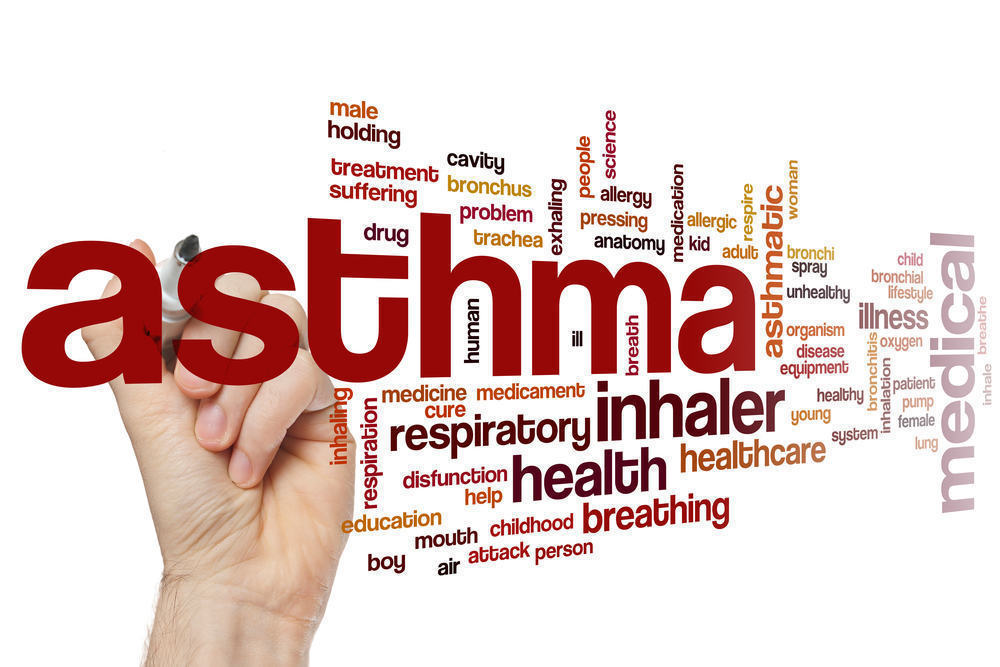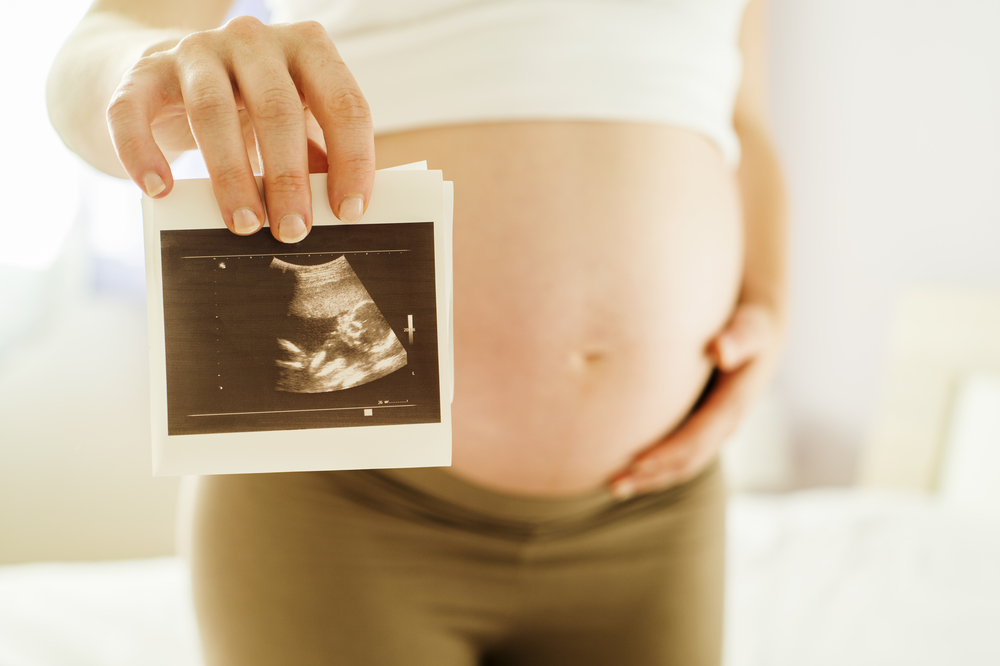Contents:
- Medical Video: Man So Violent Even Other Prisoners Fear Him
- Are vomiters contagious? How to spread it?
- How can food be contaminated with viral gastroenteritis?
- Who can get vomiting?
- How do symptoms occur?
- How do you treat vomiting?
- Can drinking lots of water recover your vomiting?
- Can vomiting be prevented?
- When to contact a doctor?
Medical Video: Man So Violent Even Other Prisoners Fear Him
Muntaber or gastroenteritis is inflammation of the digestive tract, especially the stomach, large intestine and small intestine. Viruses and bacterial gastroenteritis are intestinal infections that are associated with symptoms of watery diarrhea, abdominal cramps, nausea, and vomiting. These symptoms are sometimes accompanied by bloating, fever, chills, headaches, and fatigue. The signs of these symptoms usually last for 2-3 days, but some can last up to a week.
Infants, children, the elderly, and people with underlying diseases are more susceptible to vomiting complications. The biggest danger caused by vomiting is dehydration. The loss of fluid through diarrhea and vomiting can disrupt the electrolyte balance of the body, so it can cause potential life-threatening problems, such as heart rate abnormalities (arrhythmia).
Are vomiters contagious? How to spread it?
Yes. Muntaber is a very contagious disease. The virus that causes vomiting is norovirus, it usually infects adults, although other viruses such as adenovirus, rotavirus and astrovirus can also cause vomiting. Then the virus spreads through contact with infected people, for example by sharing food, water, or eating utensils. Individuals can also be infected by contaminated food or drink.
How can food be contaminated with viral gastroenteritis?
Food can be contaminated by presenters or food carriers that have been contaminated with the virus, especially when they do not wash their hands regularly after using the bathroom. Shellfish may be contaminated by waste, and people who consume raw or undercooked shellfish from polluted waters may get diarrhea.
Who can get vomiting?
Everyone can get this virus. Muntaber can infect people of all ages and backgrounds. However, some viruses tend to cause diarrheal disease. Rotavirus is the most common cause of diarrhea in infants and toddlers. Adenovirus and astrovirus cause diarrhea in children and adults. Whereas the norovirus, infects more adults.
How do symptoms occur?
According to Dr. Madanick, symptoms of vomiting such as diarrhea, vomiting, and abdominal pain do not occur as soon as you are infected with a virus, but symptoms occur gradually over 1-2 days. However, other types of food poisoning can attack quickly for several hours after you get the virus.
How do you treat vomiting?
The most important thing in treating vomiting is to prevent dehydration. Care must begin at home. The doctor may give specific instructions about what type of fluid to consume. The Centers for Disease Control and Prevention recommends that families have a supply of ORS at home. ORS can usually be found at a pharmacy without a prescription. Follow the instructions in the wrapper and use clean water to drink it.
In addition, you can actually heal on your own after 2-3 days of vomiting. For food poisoning, because it attacks humans quickly, then the cure will also take place quickly, about 1-2 days.
Can drinking lots of water recover your vomiting?
Not true. According to Dr. Rogg, the biggest mistake many people make is to try to drink lots of water. They understand that they must prevent dehydration, but what they really do is wrong. Inserting water into the body without adding electrolytes will melt the electrolytes that are still in your body. Even worse if you drink sugary drinks without adding salt, it will make diarrhea worse.
Can vomiting be prevented?
Yes. People can reduce the chance to get infected with a virus by washing their hands frequently. Rinse the surface contaminated with bleach-based household cleaning chlorine, and immediately wash the infected clothes. If food or water is suspected to be contaminated, discard it immediately.
When to contact a doctor?
You should contact your doctor if there is blood in your stool or when you vomit blood. Diarrhea itself is not a dangerous condition, but contact your doctor if you experience extreme lingling and lethargy, there is a lack of urine, dark yellow urine, and signs of serious dehydration.
You can also ask for help if your symptoms are no better after three days, prolonged vomiting that holds back food intake, or if you experience a mouth temperature surge of more than 38 ° C.
READ ALSO:
- 7 Home Remedies for Overcoming Diarrhea
- Differentiating Stomach Pain Due to Gas, Appendicitis, or Kidney Stone
- gwgewg












